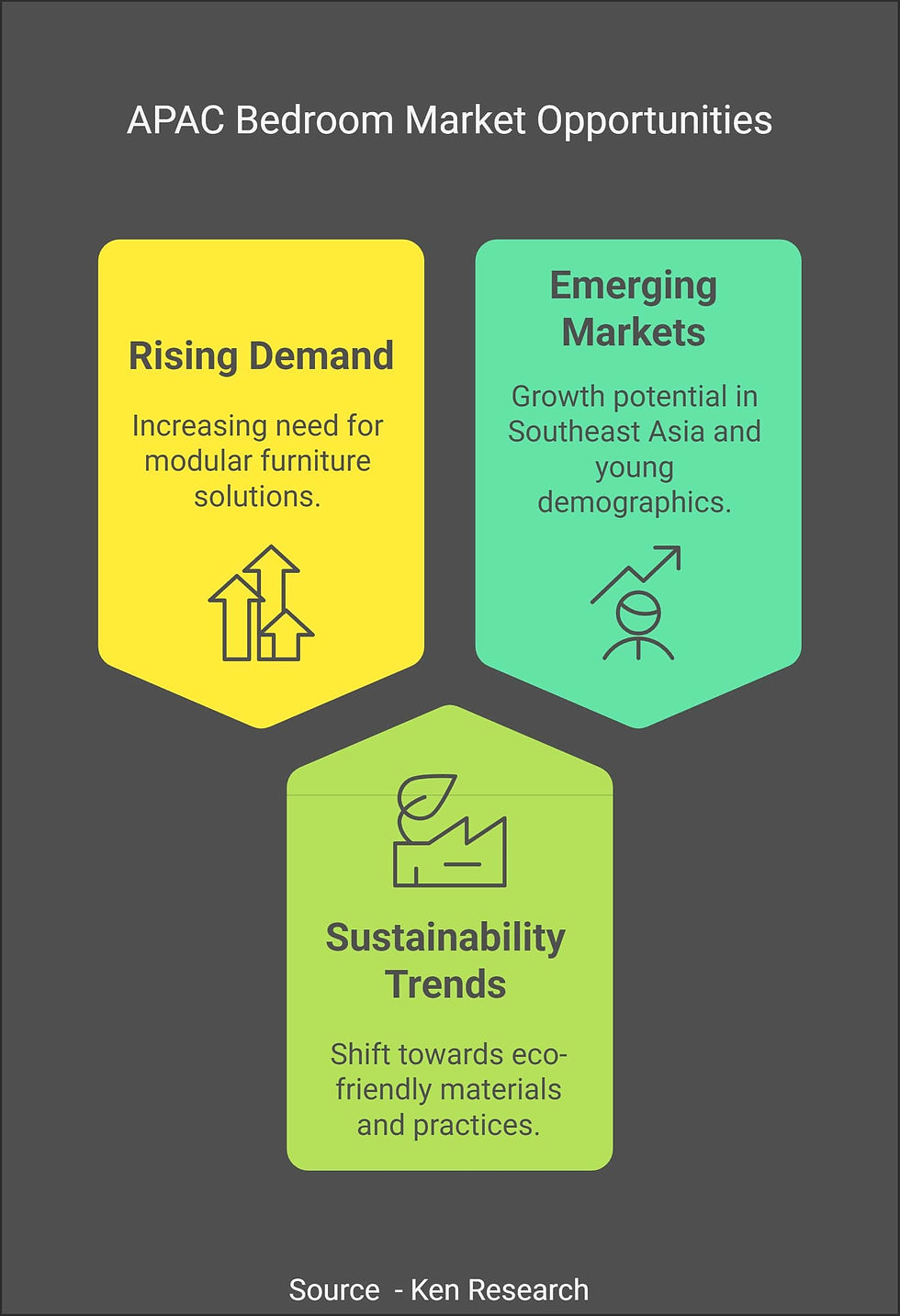Key Growth Drivers of the Indonesia Hospital Information System Market (2028)
- Vansh Meena
- Feb 5, 2025
- 2 min read
The Indonesia Hospital Information System Market is undergoing significant transformation, driven by the increasing adoption of electronic health records (EHRs), advancements in cloud-based systems, and government mandates for digital healthcare integration. As hospitals shift towards data-driven patient management, the demand for efficient hospital information systems (HIS) is rising rapidly.
This analysis highlights the key factors accelerating market growth.
Government Mandates Driving EHR Implementation
The Indonesian government has mandated the transition to electronic medical records under Regulation of the Minister of Health Number 24 of 2022, requiring healthcare facilities to integrate EHRs by December 2023. This is part of the SATUSEHAT initiative, which aims to connect over 8,000 healthcare facilities under a unified health data network.
Impact on the Market:
Improved patient data management and interoperability
Enhanced hospital efficiency through streamlined processes
Increased investment in HIS infrastructure to meet regulatory compliance
Major players such as Siemens Healthiness and Allscripts Healthcare Solutions are actively supporting this transition by offering customized EHR solutions tailored to the Indonesian healthcare ecosystem.
Increasing Adoption of Cloud-Based HIS Solutions
Cloud-based hospital information systems are gaining significant traction due to their:
Cost-effectiveness compared to on-premises solutions
Scalability, allowing hospitals to expand services as needed
Remote accessibility, enabling healthcare providers to access patient data securely from any location
By 2028, cloud-based HIS solutions are expected to dominate, with hospitals investing in AI-driven analytics and predictive healthcare models. The adoption of cloud technology ensures faster data processing, enhanced cybersecurity, and seamless integration with emerging digital health solutions.
Growth of Telehealth and Remote Patient Monitoring
With limited healthcare infrastructure in rural areas, telemedicine is becoming a critical component of Indonesia’s healthcare strategy. HIS platforms now integrate with telehealth services, allowing for:
Virtual consultations with healthcare professionals
Remote diagnostics and patient monitoring
Seamless integration with hospital data systems
By 2028, telehealth will be fully integrated into hospital information systems, reducing the strain on urban hospitals and improving healthcare access across the country. The expansion of smart healthcare technologies will further enhance patient care and operational efficiency.
Workforce Training and Digital Health Awareness
As HIS adoption increases, training programs for healthcare professionals are becoming a priority. In 2023 alone, over 10,000 healthcare workers participated in digital health training initiatives, aimed at:
Enhancing data security awareness
Improving HIS usability across hospital departments
Ensuring compliance with healthcare IT regulations
A well-trained workforce ensures smoother adoption of HIS, leading to optimized hospital workflows and improved patient experiences.

Future Outlook: The Digital Transformation of Indonesia’s Healthcare Sector
By 2028, the Indonesia Hospital Information System Market is set for rapid expansion, supported by:
Government-driven digital healthcare policies
Advancements in AI, blockchain, and telehealth integration
Growing investment in HIS infrastructure from healthcare providers
As hospitals transition towards data-driven healthcare management, the adoption of intelligent HIS platforms will play a pivotal role in shaping the future of Indonesia’s healthcare industry.
Read more for additional insights – Vietnam Hospital Management Software Market – Top Players in the Market (2024-2028).







Comments